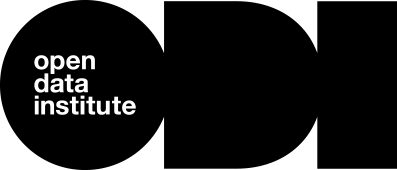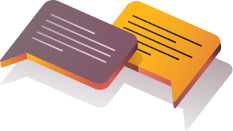The Open Data Institute (ODI) helps organisations unlock the potential of open data to solve real-world problems and create new opportunities. With multiple technology systems supporting their various initiatives, the ODI relies on robust IT infrastructure to keep everything running smoothly.
Kwaku, Head of IT, plays a vital role in managing the company’s digital infrastructure, ensuring that IT resources are used efficiently and effectively. His day-to-day work is dynamic and varied: one moment he’s handling support tickets for onboarding, the next he’s monitoring cloud infrastructure or advising internal teams on optimising their tech stack.
“My role is to look after our entire IT estate, making sure everything is working as expected. When I have a quiet day, that’s a good day - that means nothing has broken down”.
Given Kwaku's cross-functional role in leading the implementation of all new software and tools across the organisation, it was natural for the HR team to approach him when they encountered a major challenge. They were juggling five separate platforms for various HR functions, which was disconnected and resulted in hours of manual work.
All people data had to be manually entered across multiple systems, leading to frequent errors and inconsistencies. The HR team found themselves trapped in repetitive data entry cycles rather than focusing on work that could genuinely drive the organisation forward.
“We had one platform doing payroll, another for surveys, another for expenses, another for recruitment and then our HRIS system. The most concerning part was the amount of data duplication - there was so much data all over the place.”
Simple processes like requesting time off became unnecessarily complex due to the lack of integration between platforms, creating bottlenecks that frustrated both staff and managers. From Kwaku's perspective, supporting these disconnected systems was draining valuable IT resources - both time and budget.






















































































































